Filter by
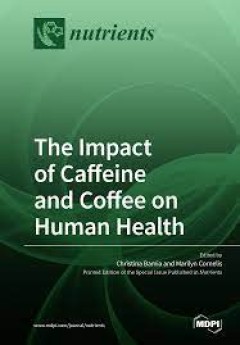
The Impact of Caffeine and Coffee on Human Health
The purpose of this Special Issue is to provide a thorough and up-to-date presentation of research investigating the impact of coffee and/or caffeine intake on various health outcomes. Areas of interest include, but are not limited to, the following topics: Human clinical trials of coffee or caffeine use in relation to disease or intermediate phenotypes. Epidemiological studies of habitual coff…
- Edition
- -
- ISBN/ISSN
- 978-3-03921-835-6
- Collation
- -
- Series Title
- -
- Call Number
- 572 IMP
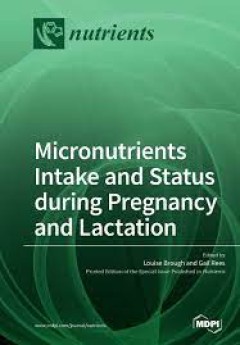
Micronutrients Intake and Status during Pregnancy and Lactation
Optimal nutrition is important during pregnancy and lactation for the health of both the mother and infant. Chronic deficiencies of both macronutrients and micronutrients are well established in developing countries. Although in developed countries overconsumption of macronutrients is a major issue, micronutrient deficiencies which occur concomitantly are no less of a concern. Furthermore in de…
- Edition
- -
- ISBN/ISSN
- 978-3-03897-841-1
- Collation
- -
- Series Title
- -
- Call Number
- 572 MIC
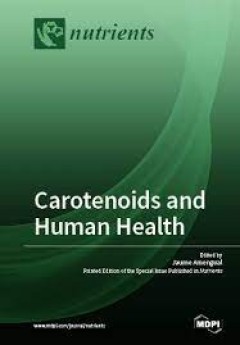
Carotenoids and Human Health
Carotenoids are a group of approximately 600 compounds synthesized by photosynthetic organisms. These pigments are abundant in fruits and vegetables, as well as in certain animal products such as eggs and salmon, being responsible for their colorful appearance. The bioactive properties of certain carotenoids in human health are clear, as some of these compounds have antioxidant properties and s…
- Edition
- -
- ISBN/ISSN
- 978-3-03921-833-2
- Collation
- -
- Series Title
- -
- Call Number
- 572 CAR
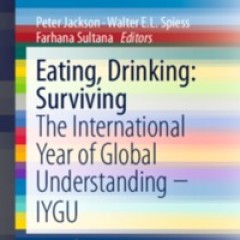
Eating, Drinking: Surviving
This publication addresses the global challenges of food and water security in a rapidly changing and complex world. The essays highlight the links between bio-physical and socio-cultural processes, making connections between local and global scales, and focusing on the everyday practices of eating and drinking, essential for human survival. Written by international experts, each contribution i…
- Edition
- -
- ISBN/ISSN
- -
- Collation
- -
- Series Title
- -
- Call Number
- 610
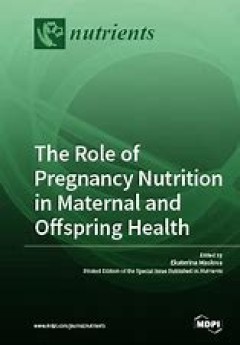
The Role of Pregnancy Nutrition in Maternal and Offspring Health
In pregnancy, maternal nutrition sustains and nourishes the developing child. Imbalances in either the direction of nutritional excess or deficiency can have adverse consequences for child health. In addition, more research now suggests that good pregnancy nutrition influences child health beyond pregnancy and delivery. This includes modifying the risk of child health outcomes as they enter chi…
- Edition
- -
- ISBN/ISSN
- -
- Collation
- -
- Series Title
- -
- Call Number
- 500
 Computer Science, Information & General Works
Computer Science, Information & General Works  Philosophy & Psychology
Philosophy & Psychology  Religion
Religion  Social Sciences
Social Sciences  Language
Language  Pure Science
Pure Science  Applied Sciences
Applied Sciences  Art & Recreation
Art & Recreation  Literature
Literature  History & Geography
History & Geography